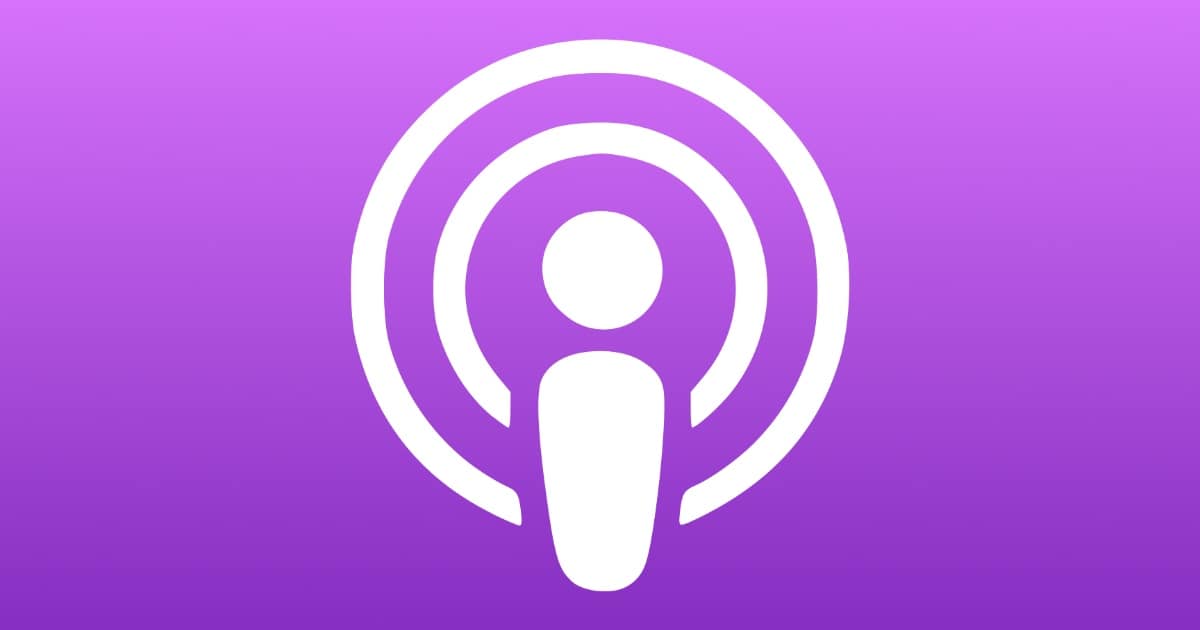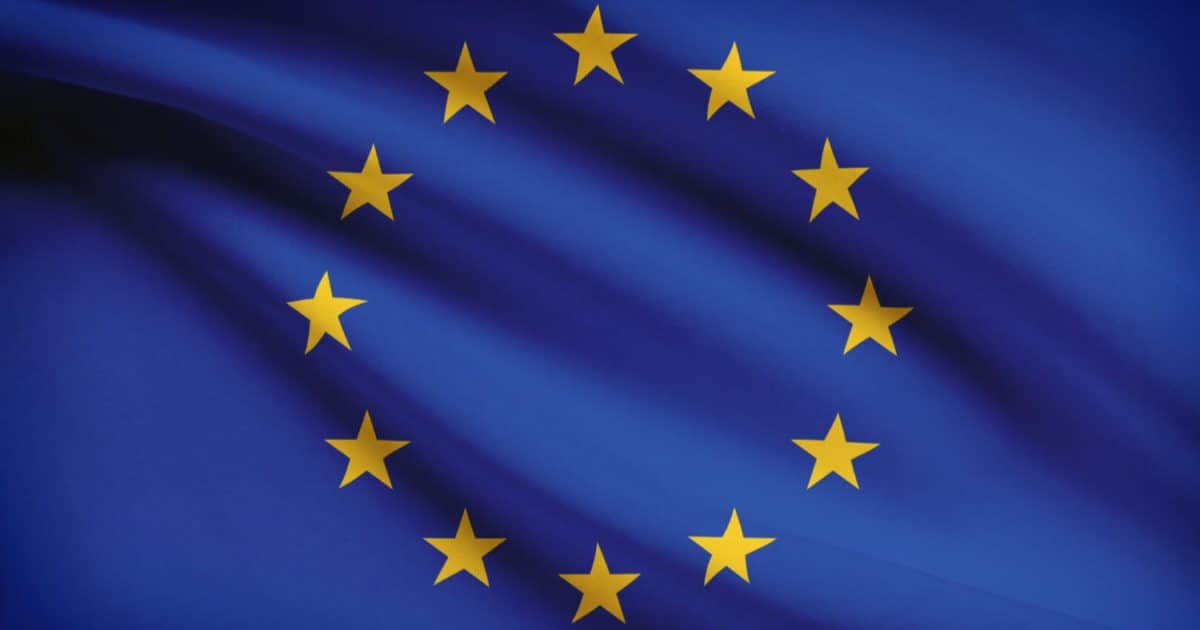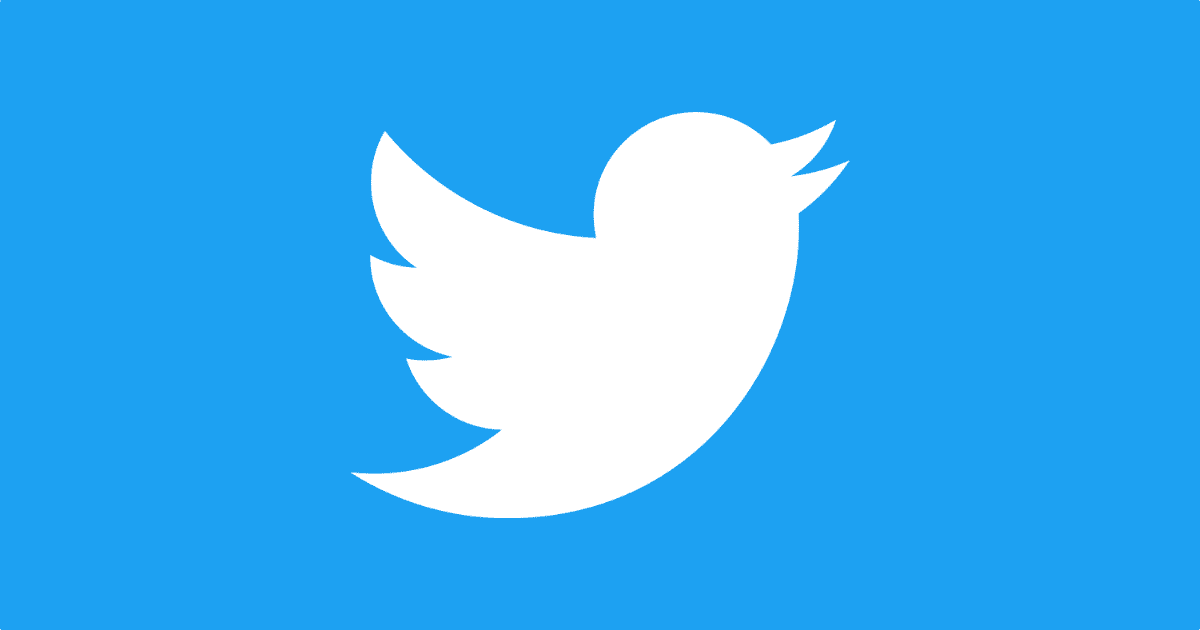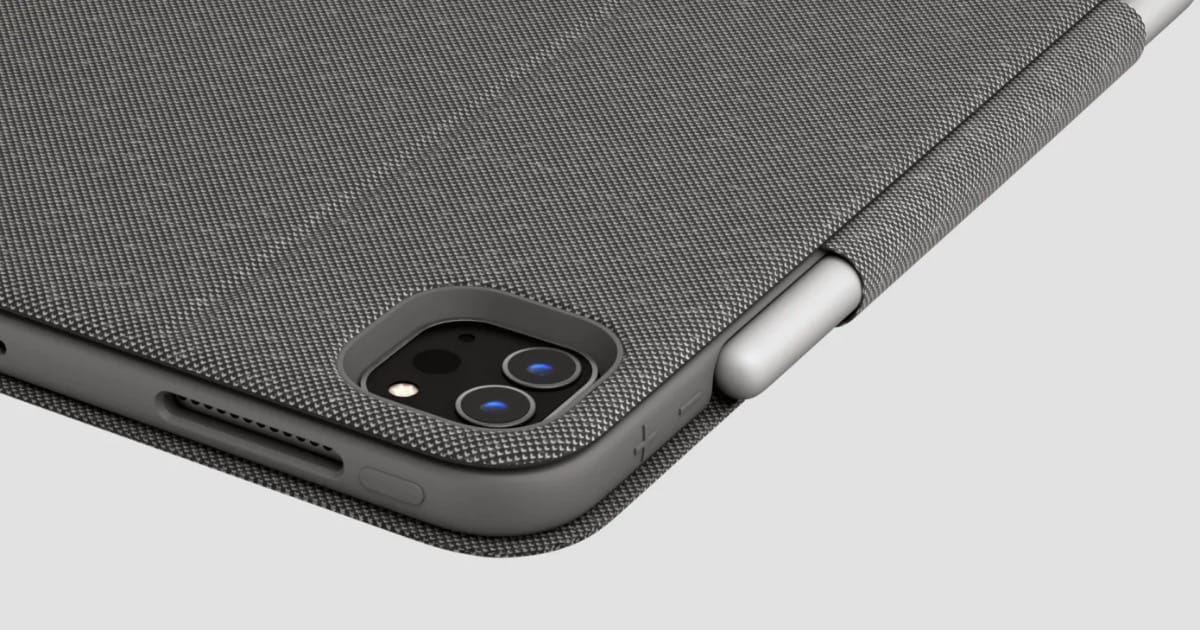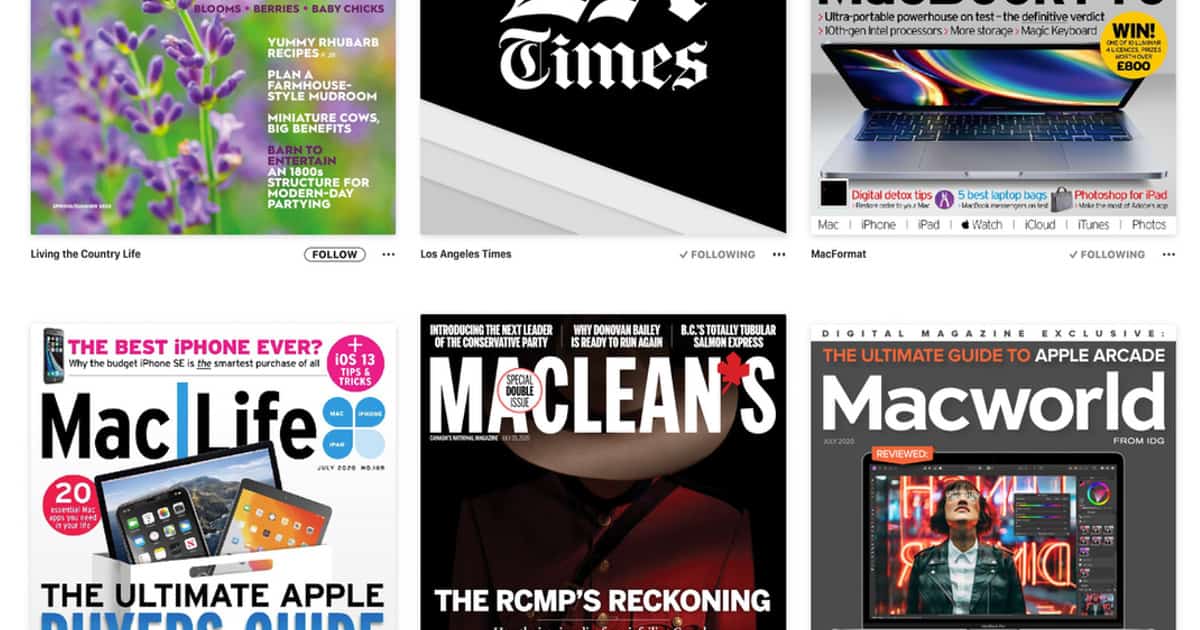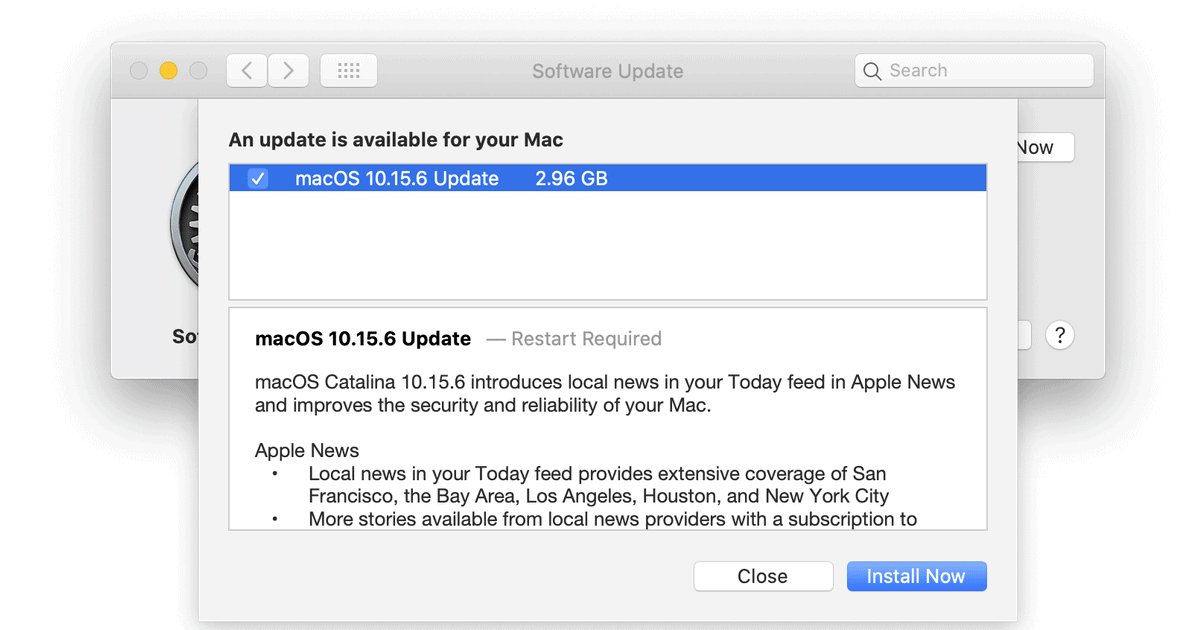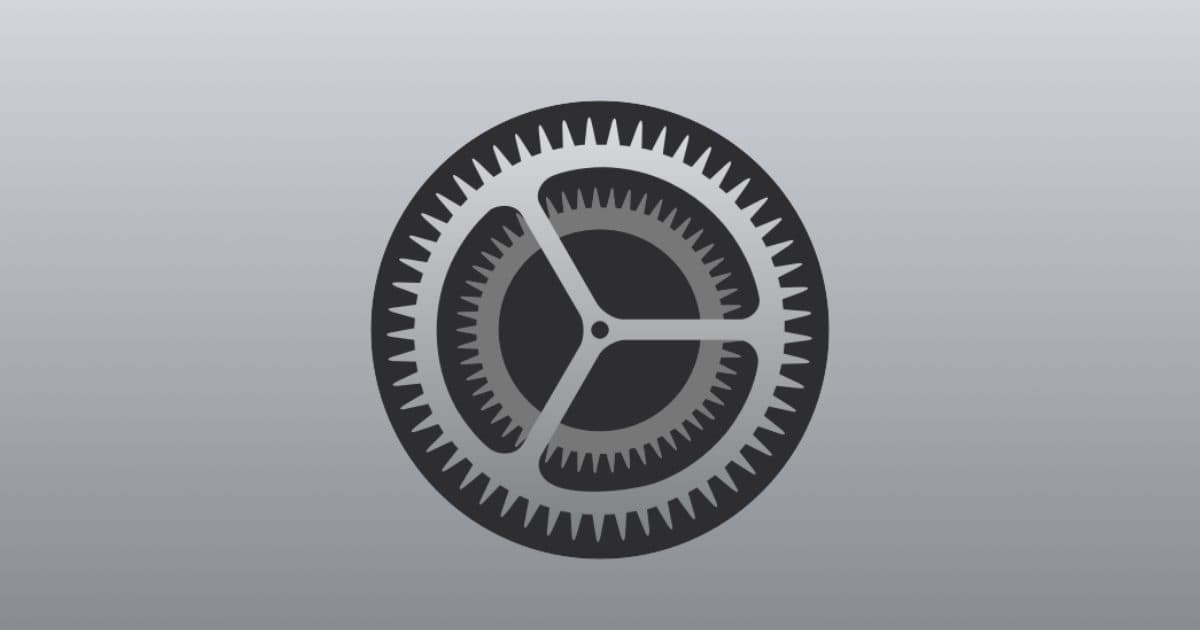Andrew has a special iPad move called the Five Finger Death Pinch. It’s an advanced gesture and should only be used by trained professionals.
iOS 13.6: How to Find Symptom Tracking in the Health App
iOS 13.6 brings symptom tracking to the Health app, letting you manually add symptoms and share them with third-party apps.
MOGICS Power Bagel Travel Power Strip: $36.95
We have a deal on the MOGICS Power Bagel, a power strip in the shape of a bagel designed to be portable. It features five international AC outlets (UK, EU, AU, 2x US), and two USB charging ports. The power chord rolls up onto the device, too. It’s $36.95 through our deal.
Security Friday! Letter from Congress, Sharing Passwords – TMO Daily Observations 2020-07-17
Andrew Orr joins host Kelly Guimont to discuss Security Friday news tidbits, tips for security on iOS 14, and how to share passwords safely.
World Emoji Day 2020: Emojis Coming to iOS This Year
July 17 is World Emoji Day and Apple shared a preview of upcoming emojis coming to iOS this year with Emojipedia.
How to Subscribe to and Download Podcasts on Mac and iPhone
You can subscribe to and download podcasts on your Mac using Apple’s own app, and your subscriptions sync to your iPhone and iPad.
European Space Agency Shares Closest Ever Pictures of The Sun
The European Space Agency’s Solar Orbiter has taken the closest-ever pictures of the Sun. A whole host of amazing shots have been shared in a gallery. The images revealed ‘campfires’ on the Sun. The image below was produced by the high resolution imager, HRILYA telescope. It shows the solar surface in a particular ultraviolet wavelength.
EU Commission Still Angry at Apple Over Tax
Despite its court defeat vs Apple earlier in the week, the European Commission doesn’t seem to be changing its approach when it comes to taxing tech firms. EU Observer reported comments from top EU officials.
“We do not consider it normal that the largest corporates get away with paying one percent tax at most,” European Commission executive vice-president Valdis Dombrovskis told reporters. “It is just not sustainable from a tax-fairness point of view, it is not sustainable from a public revenues point of view and it needs to be addressed,” he said. Paolo Gentiloni, the EU commissioner for economy, made similar comments. “A single ruling is not discouraging our commitment in this sense. I would say the contrary.”
Google’s ‘Fabricius’ Tool Uses ML to Decode Hieroglyphs
Here’s something cool that Google has created: A web tool called “Fabricius” that uses machine learning to decrypt hieroglyphs.
So far, experts had to dig manually through books upon books to translate and decipher the ancient language–a process that has remained virtually unchanged for over a century. Fabricius includes the first digital tool – that is also being released as open source to support further developments in the study of ancient languages – that decodes Egyptian hieroglyphs built on machine learning.
Poser Pro 3D Art and Animation Software for Windows and Mac: $79.99
We have a deal on Poser Pro, 3D modeling software designed specifically for the human body. It can help digital artists produce 3D animations and digital images. The deal is for a license for one device, and you can choose between Mac and Windows. It’s $79.99 through our deal.
VSCO Announces ‘BlackJoyMatters’ Photo Campaign
Something I like about VSCO is its curation of photos from its community of users. There are categories like summer, monochrome, abstract, and more. Its latest initiative is #BlackJoyMatters, a summon-long series to share photos from Black creatives.
We are kicking off #BlackJoyMatters with a global call to action, urging online communities to create, capture and share their interpretations of Black Joy to social media through posting art, first-person videos and/or photos across every social platform using the hashtag #BlackJoyMatters. Throughout the summer, we will spotlight the submitted imagery and art across our social channels and within the VSCO app.
AppleCare+ Monthly Payments Coming to Canada, Australia, Japan
AppleCare+ monthly payment options are being expanded to Canada, Australia, and Japan, according to support documents.
Twitter Employee Tool Contributed to Major Hack
On Wednesday, a number of high-profile Twitter accounts were taken over in a major hack. Motherboard revealed how an internal tool at the social media firm helped the attackers.
The accounts were taken over using an internal tool at Twitter, according to the sources, as well as screenshots of the tool obtained by Motherboard. One of the screenshots shows the panel and the account of Binance; Binance is one of the accounts that hackers took over today. According to screenshots seen by Motherboard, at least some of the accounts appear to have been compromised by changing the email address associated with them using the tool. In all, four sources close to or inside the underground hacking community provided Motherboard with screenshots of the user tool. Two sources said the Twitter panel was also used to change ownership of some so-called OG accounts—accounts that have a handle consisting of only one or two characters—as well as facilitating the tweeting of the cryptocurrency scams from the high profile accounts.
Logitech Launches ‘Folio Touch’ Trackpad Keyboard Case
Logitech announced today its newest product called Logitech Folio Touch, a keyboard case with a built-in trackpad for the iPad Pro 11-inch.
Move Multiple iOS Apps, Twitter Hacked – TMO Daily Observations 2020-07-16
Charlotte Henry and Andrew Orr join host Kelly Guimont to discuss Charlotte’s iOS app moving video, and yesterday’s Twitter hack.
Apple Orders Action-Thriller ‘Echo 3’ for Apple TV+
Apple has given a straight-to-series order for “Echo 3”, an action-thriller written by Academy Award-winning producer and writer Mark Boal.
Apple News+: All The Publications Available With a Subscription
Apple News+ makes a host of magazines and newspapers available for $9.99 a month and there is a lot to discover in the service.
Pixelmator Pro 1.7 Update Adds Curved Text
In an update dubbed “Sequoia” Pixelmator Pro 1.7 adds text on a path, canvas rotation, a new welcome screen, and version 3 of ML Super Resolution. The text update lets you type text on a path, a circle, or any other shape with Circular Type, Path Type, and Freeform Type. Canvas rotation lets you rotate the canvas at any angle. Improvements to ML Super Resolution improves the quality of the result, adds a progress bar (yay!), and adds support for upscaling RAW files while preserving the RAW data.
TikTok Challenger Instagram Reels Arriving Globally in Weeks
The global launch of Instagram Reels, Facebook’s challenger to TikTok, is imminent. NBC News reported that it will arrive in the U.S. in and over 50 other countries in the coming weeks.
Like TikTok, Instagram Reels lets users make and share 15-second video clips set to a vast catalogue of music. Like TikTok, users can also borrow and remix audio from other people’s videos. And, like TikTok, users could see their clips go viral in a “Featured Reels” section of the most popular videos. Facebook first launched Reels in Brazil last November and expanded it to France and Germany last month. It launched in India last week — just days after India banned TikTok and more than 50 other Chinese apps citing privacy and security concerns. Facebook will launch Reels in the United States, the United Kingdom, Japan, Mexico and roughly 50 other countries. Users will be able to access Reels through a new icon at the bottom of their screen in Instagram and post Reels to Instagram Stories.
Apple Partners With Black Colleges on Coding Opportunities
Apple announced today that it is expanding its partnership with HBCUs to add 10 more regional coding centers.
macOS Catalina 10.5.6 Introduces Local News and Fixes USB Issue
macOS Catalina 10.15.6 is out and introduces local news into the Today feed of Apple News for users in certain areas in the U.S.
‘Apple News Today’ Now Available in Apple Podcasts
Announced with the release of iOS 13.6 on Wednesday, the Apple News Today podcast gives people a guide to the most fascinating stories in news, and how the world’s top journalists are covering the stories. There will be a new episode every day, Monday through Friday. There are two episodes so far coming in at eight and nine minutes, so these are perfect bite-sized pods for your morning commute (do we still have those?)
iOS 13.6 Brings Car Key, Apple News Audio, and Other Improvements
Apple released updates to its operating systems today, including iOS and iPadOS 13.6. Here are the features it gives customers.
Big Twitter Accounts Like Apple, Elon Musk, Bill Gates, Were Hacked
Major Twitter accounts were hacked today, reports Kevin Truong. Accounts like Apple, Bill Gates, Elon Musk, Uber, and others were the victim of a hacking campaign that involved bitcoin.
Events kicked off when the Twitter accounts for major cryptocurrency platforms Coinbase, Gemini, and Binance, among others, all put out tweets minutes apart stating they had partnered up with an organization called CryptoForHealth and that they would be “giving back 5000 BTC to the community.” The tweets all included a link to a site that has been tagged by Google and Cloudflare as a phishing site […]
Most of the tweets have been removed already. Apple’s Twitter account appears to be entirely wiped of tweets.
A fascinating hack that clearly took advantage of Twitter vulnerabilities. But I’d also like to point out that Apple has never actually tweeted, so there wasn’t much to wipe.





